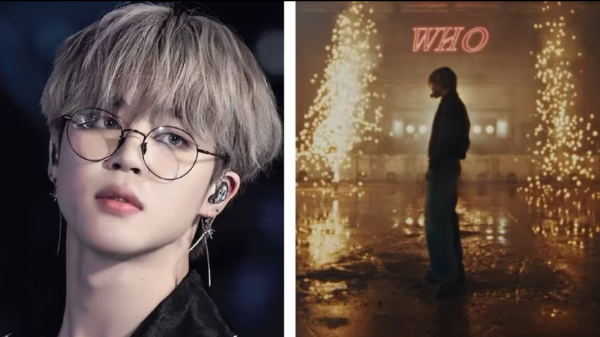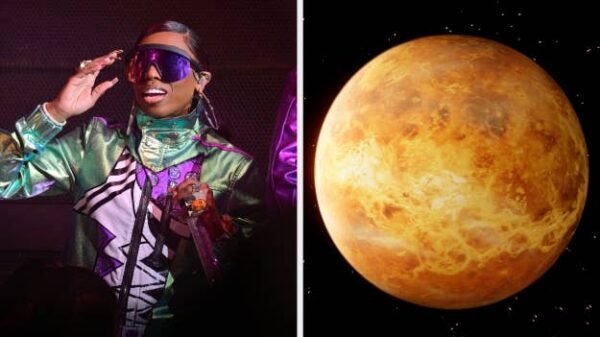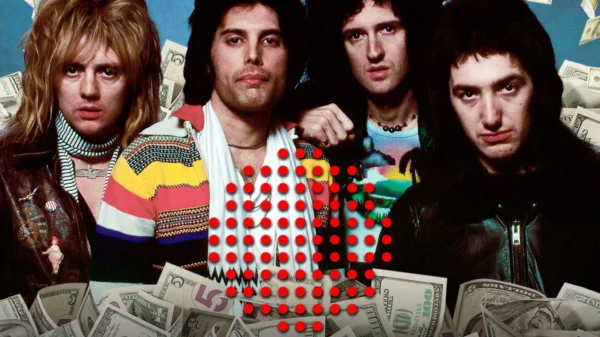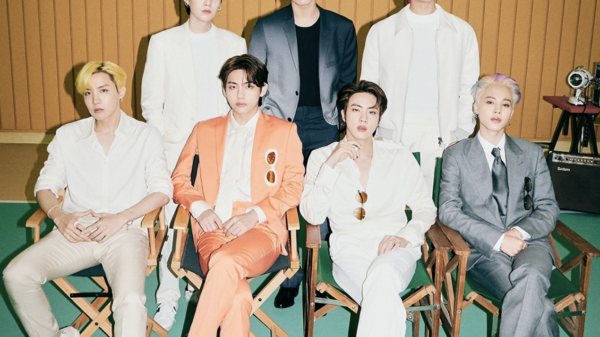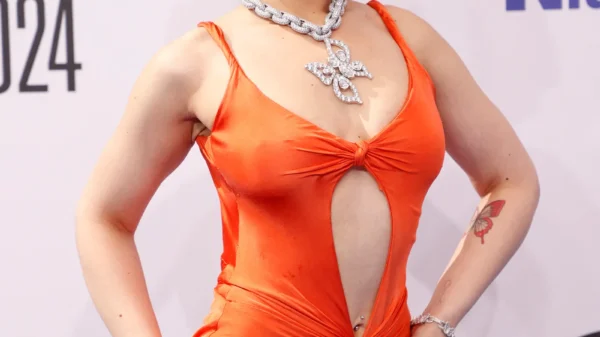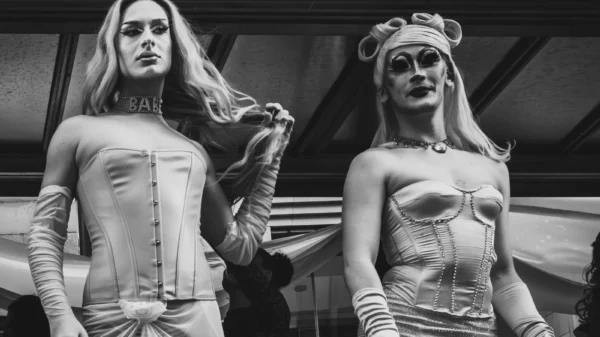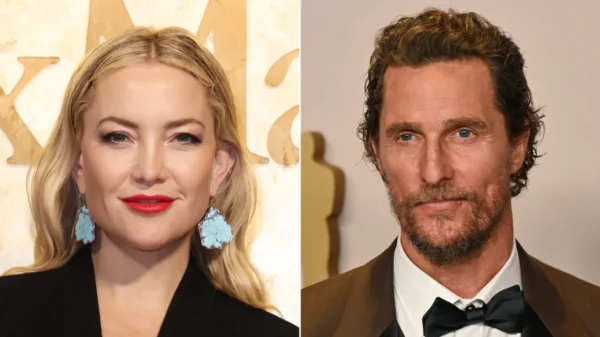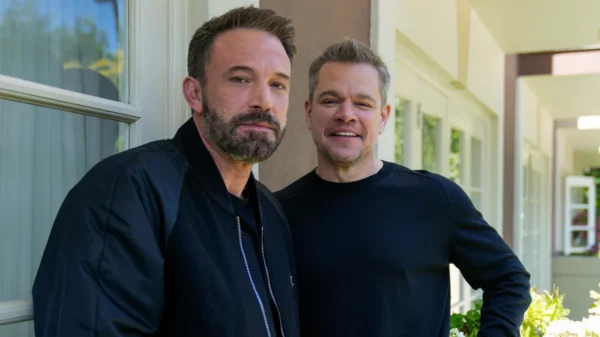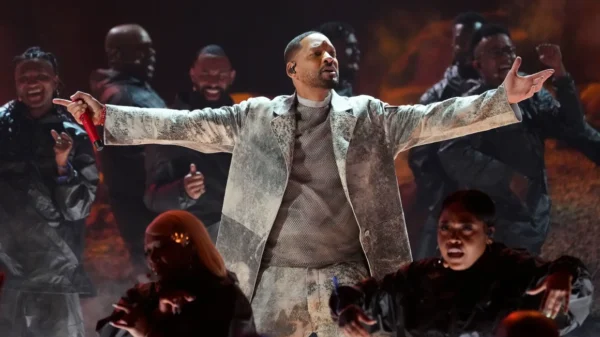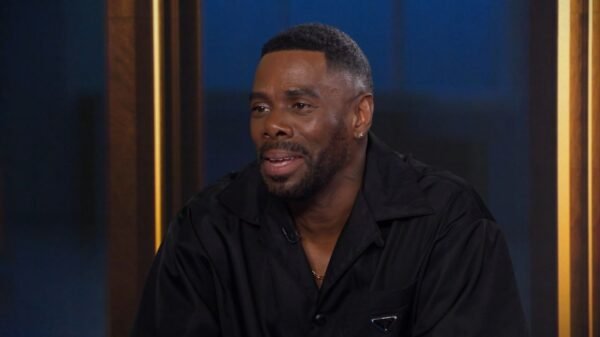In today’s digital age, the world of entertainment has been greatly influenced by social media. Music, in particular, has seen a significant shift in how it is consumed, shared, and discovered. In this blog post, we will explore some of the latest trends in music-related entertainment and how social media platforms have played a crucial role in shaping these trends.
1. Streaming Platforms and Discoverability:
Gone are the days when people would buy physical copies of albums or rely solely on radio stations to discover new music. Streaming platforms like Spotify, Apple Music, and YouTube have revolutionized the way we consume music. These platforms provide users with access to a vast library of songs, allowing them to discover new artists and genres effortlessly. Social media plays a vital role in promoting these platforms, with artists and influencers sharing their favorite songs and playlists, making music discovery a social experience.
2. User-Generated Content and Viral Challenges:
Social media platforms have given rise to user-generated content, where fans and artists alike can create and share their own music-related videos. From dance challenges to cover songs, these viral trends have become a significant part of music-related entertainment. Platforms like TikTok and Instagram have become hotspots for these challenges, allowing users to showcase their creativity and gain recognition. Artists often participate in these challenges, further boosting their popularity and engagement with fans.
3. Live Streaming Concerts and Virtual Events:
With the limitations imposed by the COVID-19 pandemic, live music events came to a halt. However, social media platforms stepped in to fill the void by offering virtual concerts and events. Artists started live streaming performances from their homes, allowing fans to enjoy live music from the comfort of their own homes. Social media platforms like Facebook, Instagram, and YouTube have become the go-to platforms for these virtual events, enabling artists to connect with their audience in real-time.
4. Influencer Marketing and Brand Collaborations:
Social media influencers have become a powerful force in the music industry. From YouTube stars to Instagram influencers, these individuals have a massive following and can significantly impact an artist’s popularity. Brands have also recognized the potential of influencer marketing and have collaborated with artists and influencers to promote their products or services. This trend has not only provided artists with additional revenue streams but has also expanded their reach to new audiences.
5. Interactive Fan Engagement:
Social media platforms have bridged the gap between artists and their fans, allowing for direct and interactive engagement. Artists now have the ability to connect with their fans on a personal level, responding to comments, sharing behind-the-scenes content, and even hosting live Q&A sessions. This level of interaction has created a sense of community and loyalty among fans, making them feel more connected to their favorite artists.
6. Data Analytics and Music Promotion:
Social media platforms provide artists and record labels with valuable data analytics that can help them understand their audience better. From demographics to listening habits, these insights allow artists to tailor their music promotion strategies and target their marketing efforts effectively. Moreover, social media platforms also offer advertising options, allowing artists to reach a wider audience and promote their music to potential fans.
In conclusion, social media has become an integral part of the music industry, shaping the way music is consumed, discovered, and promoted. Streaming platforms, user-generated content, live streaming concerts, influencer marketing, interactive fan engagement, and data analytics have all contributed to the evolving landscape of music-related entertainment. As technology continues to advance, we can expect social media to play an even more significant role in the future of music.


